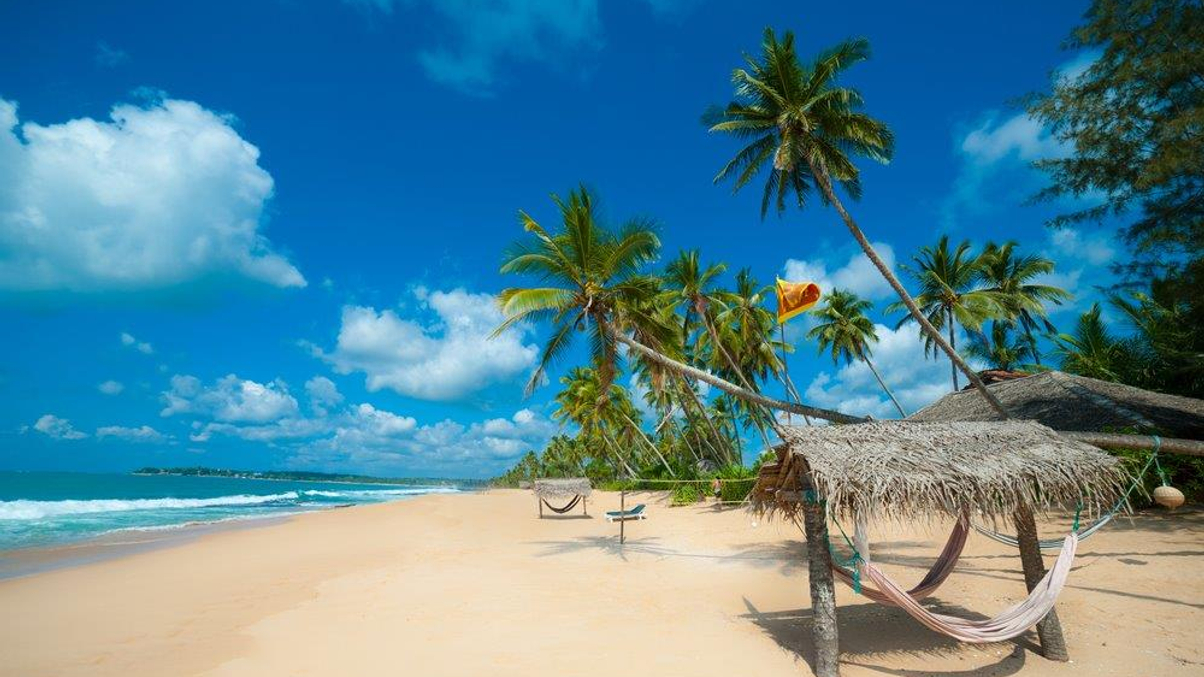Sri Lanka courting Hong Kong investors
A Sri Lankan government delegation is on the road seeking to overcome investor reservations about the formerly war-torn country – one that does have its foreign supporters.

Sri Lanka may have seen an end to its 26-year civil war in 2009, but it remains an archetypal frontier market, with low market liquidity and a government that many see as questionable.
Sign in to read on!
Registered users get 2 free articles in 30 days.
Subscribers have full unlimited access to AsianInvestor
Not signed up? New users get 2 free articles per month, plus a 7-day unlimited free trial.
¬ Haymarket Media Limited. All rights reserved.


